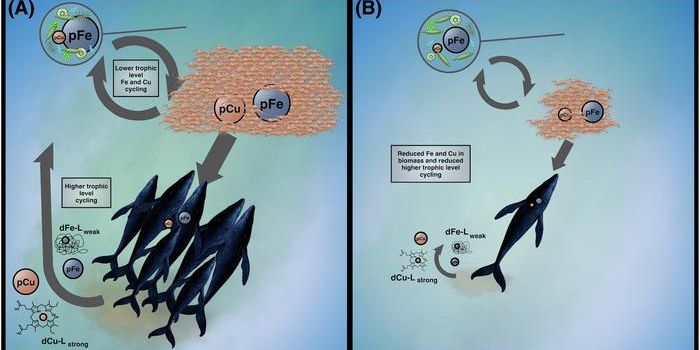A Plant-Based Diet May Lower Risk of Cognitive Impairment
It’s no secret that what we eat has a significant impact on our health, both physically and mentally. For example, many foods contain compounds that can help reduce inflammation in the body, promoting heart and neurological health. We’re constantly told we should eat less red meat (reducing the risk of cardiovascular disease) and eat more fruits and vegetables, which contain a world of beneficial nutrients. And yet, researchers are still exploring the different ways our diets shape our health.
According to a 12 year study published in Molecular Nutrition and Food Research, there may be a connection between eating plant-based products/food and overall brain health, Specifically, such a diet may protect against cognitive impairment and decline.
The study, which followed 842 participants aged 65 and over, sought to examine the relationship between the food we eat, how we metabolize that food, and how these processes shaped cognitive decline. Researchers used blood plasma samples and close observation of participants' diets to highlight these relationships.
One finding from the study reinforced the already-documented benefits of polyphenols, a type of flavonoid, a compound known for its anti-inflammatory properties. Specifically, researchers found that metabolism of certain compounds in foods like cocoa, coffee, apples, green tea, blueberries, and more, had a sort of “protective” relationship with cognitive decline, suggesting that these foods could be beneficial for older adults to promote cognitive health.
At the same time, researchers also noted certain foods that had a negative effect on cognitive health. Specifically, compounds like saccharin, a zero-calorie artificial sweetener. were shown to cause damage and promote cognitive decline. Saccharin has been the source of significant debate in the medical community; while it may have weight loss and blood sugar-management benefits, there isn’t conclusive evidence on its overall safety, especially when it comes to cancer and, now, when it comes to cognitive health.
As a result, researchers concluded that strategic dietary changes for older adults, including changes to include more polyphenol-rich foods, could help prevent cognitive decline and the potential for conditions like Alzheimer’s disease.
Sources: Science Daily; Molecular Nutrition and Food Research








